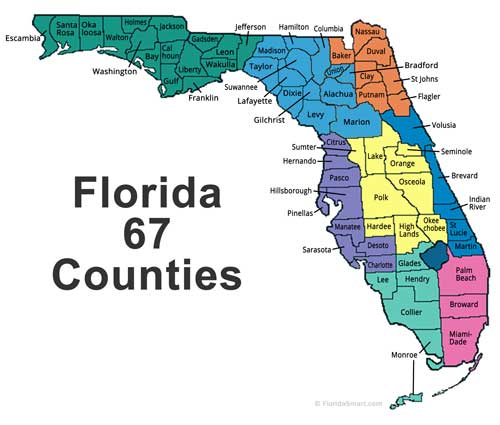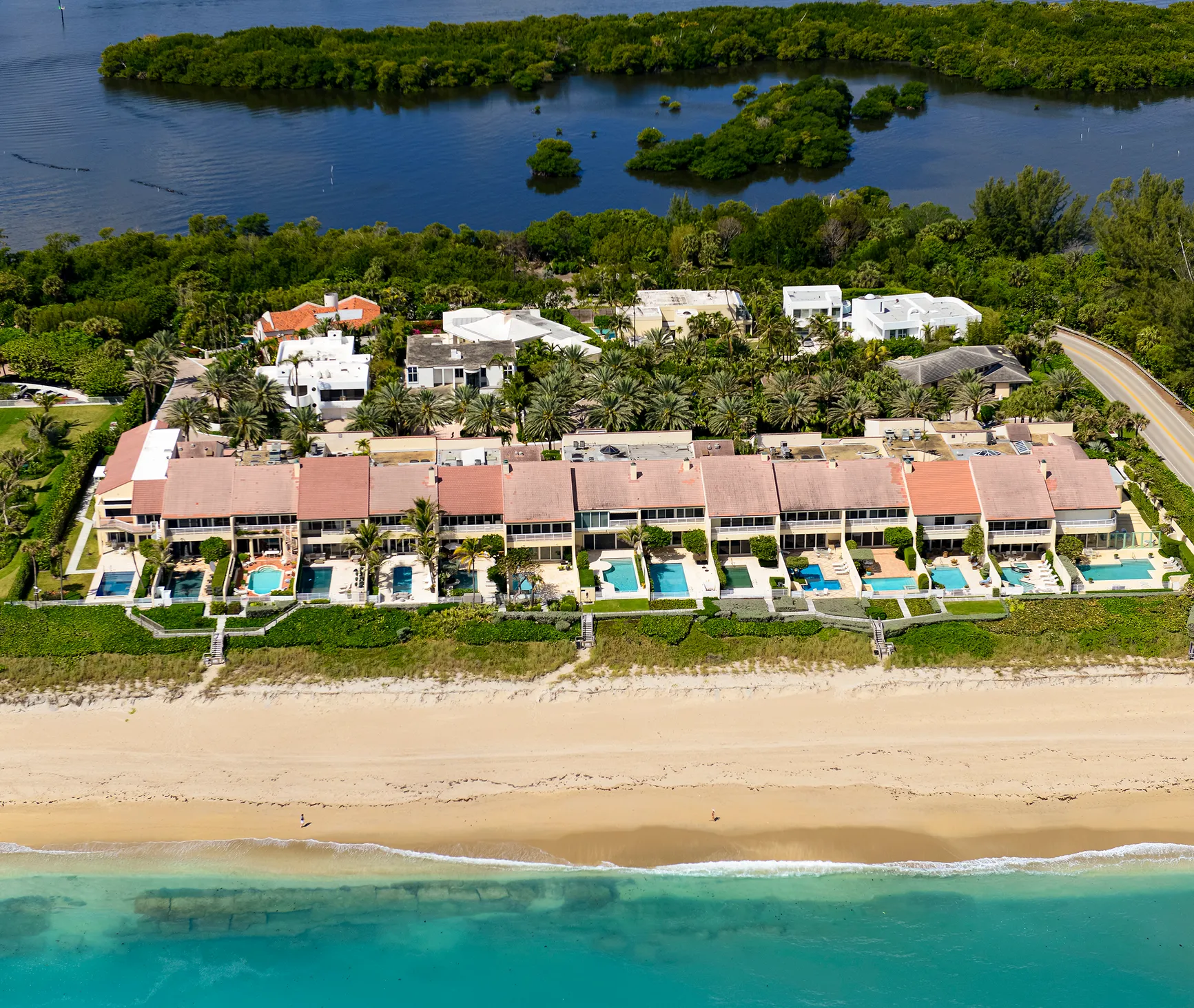Daytona Beach, Florida, is a beautiful coastal city known for its stunning beaches, exciting events, and, of course, its warm waters. One important aspect that attracts visitors to this area is the water temperature. The “water temperature Daytona Beach Florida” is not just a number; it greatly influences the beach experience for swimmers, surfers, and families looking to have fun. In this article, we will explore everything about the water temperature in Daytona Beach, its significance, and how it varies throughout the year.
Why Water Temperature Matters
The water temperature in Daytona Beach plays a crucial role in determining how enjoyable a day at the beach will be. Here are some reasons why understanding water temperature is essential:
- Swimming Comfort: Warm water makes swimming more enjoyable. If the water is too cold, people may hesitate to jump in, while extremely warm water might not feel refreshing. Knowing the average temperature helps beachgoers prepare for their day.
- Safety Concerns: Certain temperatures can indicate potential safety hazards, such as rip currents or dangerous marine life. By keeping track of water temperatures, swimmers can make safer choices.
- Activities: Different water temperatures are more suitable for various activities. For instance, surfers often prefer slightly cooler water, while families with young children may want to stick to warmer temperatures.
- Wildlife Awareness: Many marine animals, such as jellyfish, have specific temperature ranges where they thrive. Understanding the water temperature can help beachgoers stay informed about potential encounters with wildlife.
- Seasonal Changes: Water temperatures change with the seasons, affecting everything from the types of fish that are present to the overall beach experience.also read Understanding Wasps in Florida: A Comprehensive Guide
What Is the Average Water Temperature in Daytona Beach?
The water temperature at Daytona Beach varies throughout the year, influenced by the changing seasons and weather patterns. Here’s a breakdown of the average water temperatures by month:
Winter Months: December to February
- December: The water temperature typically hovers around 64°F (18°C). While it’s cooler, many brave souls still take a dip, especially those who enjoy brisk swims.
- January: The coldest month, with water temperatures dropping to about 62°F (17°C). This is not the best time for casual swimming, but it can be refreshing for the adventurous.
- February: The water begins to warm slightly, averaging 64°F (18°C). While still chilly, some beachgoers find it comfortable enough for a quick swim.
Spring Months: March to May
- March: As spring begins, the water warms up to around 66°F (19°C). This is when more people start flocking to the beach, hoping for a sunny day.
- April: The average water temperature reaches about 70°F (21°C). This is much more inviting for families and swimmers looking to enjoy a day at the beach.
- May: By May, water temperatures rise to around 75°F (24°C). This is a great time for swimming, snorkeling, and enjoying various water activities.
Summer Months: June to August
- June: The summer heat kicks in, and the water temperature averages 80°F (27°C). This is peak beach season, with many families visiting to enjoy the warm waters.
- July: The water temperature can reach about 83°F (28°C). Many people are in the water all day long, enjoying everything from swimming to paddleboarding.
- August: Similar to July, the water remains warm, averaging around 83°F (28°C). This is perfect for beach activities and water sports.
Fall Months: September to November
- September: The summer heat lingers, and the water temperature averages 82°F (28°C). It’s still a great time to visit, although the crowds begin to thin out.
- October: The water starts to cool down, averaging about 78°F (26°C). This is still comfortable for swimming, but the weather can be unpredictable.
- November: By November, the temperature drops to around 72°F (22°C). While still swim-friendly for some, most beachgoers start to transition to other fall activities.
How to Check Water Temperature
For beachgoers eager to know the current water temperature in Daytona Beach, several resources are available:
- Weather Apps: Many weather applications provide real-time water temperature updates. Look for reputable sources that include oceanographic data.
- Beach Websites: The official Daytona Beach tourism site and local weather stations often report current water temperatures, wave heights, and tide information.
- Local Reports: Local news stations often cover weather and beach conditions. They might provide weekly updates on water temperatures, especially during peak seasons.
- Social Media: Following local beachgoers or surf schools on platforms like Instagram can give you real-time insights into the water temperature and conditions.
- Online Databases: Websites like NOAA (National Oceanic and Atmospheric Administration) provide extensive oceanographic data, including historical and current water temperatures.
Tips for Enjoying the Beach Based on Water Temperature
Understanding the water temperature can enhance your beach experience. Here are some tips to make the most of your time at Daytona Beach:
- Choose the Right Time to Swim: If you prefer warmer water, plan your visit during late spring or summer. This is when the water is at its most inviting.
- Stay Informed About Safety: Check for beach warnings. Sometimes, if the water is too cold or there are strong currents, it’s safer to stay out of the water.
- Bring Appropriate Gear: If you’re swimming in cooler waters, consider wearing a wetsuit. This can make swimming more comfortable in chilly conditions.
- Watch for Wildlife: In warmer months, be aware of jellyfish and other marine life that may be more active. Knowing the water temperature can help predict their presence.
- Time Your Visits: Early mornings or late afternoons often provide the warmest water, as the sun has heated the surface all day.
Water Temperature and Health Considerations
When swimming in the ocean, the water temperature can also affect your health and well-being. Here are a few considerations:
- Hypothermia Risk: If you’re swimming in water temperatures below 70°F (21°C), there’s a risk of hypothermia, especially for prolonged exposure. It’s essential to monitor how long you’re in the water.
- Heat Exhaustion: Conversely, when water temperatures exceed 80°F (27°C), heat exhaustion can become a concern. Make sure to stay hydrated and take breaks from the sun.
- Skin Protection: Regardless of water temperature, always wear sunscreen to protect your skin from harmful UV rays, especially during peak sun hours.
- Children and the Elderly: Extra caution is needed for young children and older adults. They may be more sensitive to temperature extremes. Always keep an eye on them while swimming.
Conclusion
Understanding the “water temperature Daytona Beach Florida” is vital for anyone looking to enjoy a day at the beach. With its stunning coastline, beautiful weather, and inviting waters, Daytona Beach offers something for everyone. Whether you’re swimming, surfing, or simply soaking up the sun, knowing the water temperature will help you make the most of your experience.
With warm summer waters and the milder temperatures of spring and fall, Daytona Beach remains a year-round destination. Planning your trip around the water temperature can enhance your beach experience, making it safer and more enjoyable. So next time you head to Daytona Beach, take a moment to check the water temperature, and dive into all the fun the beach has to offer!





